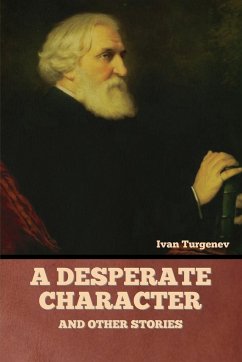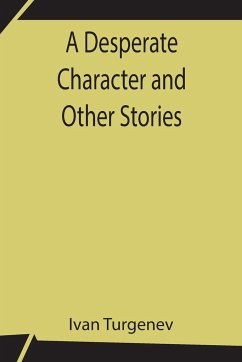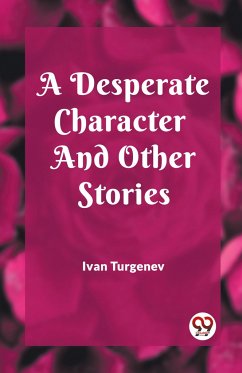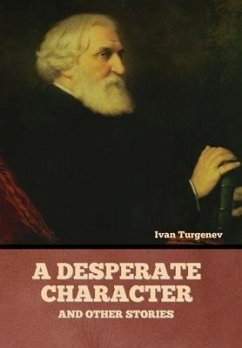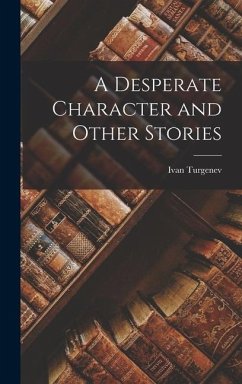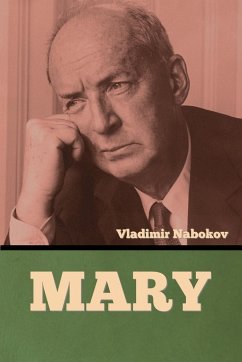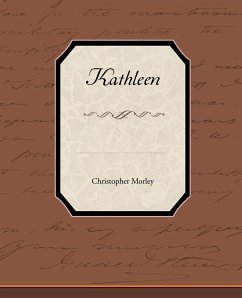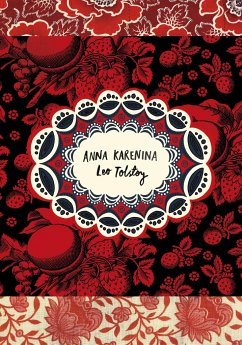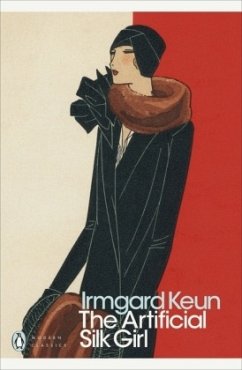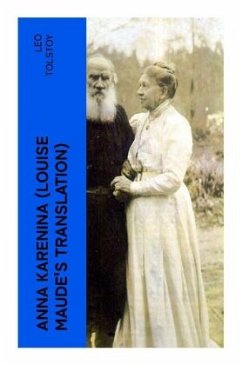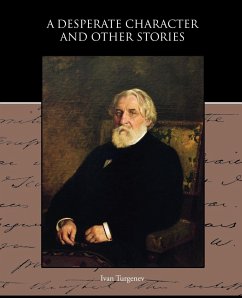
A Desperate Character and Other Stories
Versandkostenfrei!
Versandfertig in 1-2 Wochen
21,99 €
inkl. MwSt.
Weitere Ausgaben:

PAYBACK Punkte
11 °P sammeln!
Sergeevich Turgenev was a major 19th century Russian novelist. His novel Fathers and Sons is his best-known work. The author has written a number of critical essays, plays, poems, and several novelettes. Stories in this collection include A desperate character.--A strange story.--Punin and Baburin.--Old portraits.--The brigadier.-Pyetushkov.




